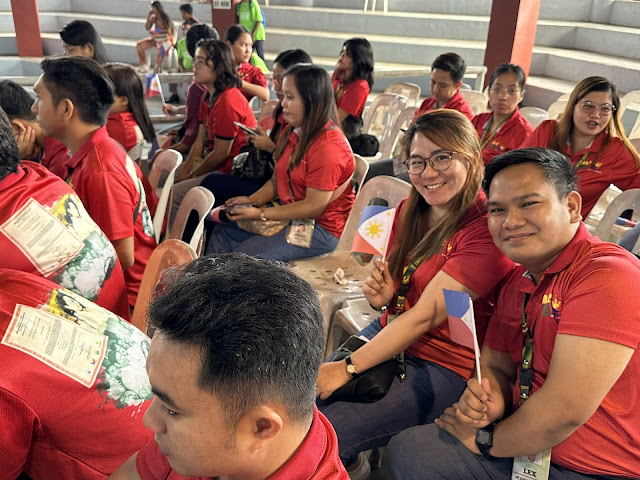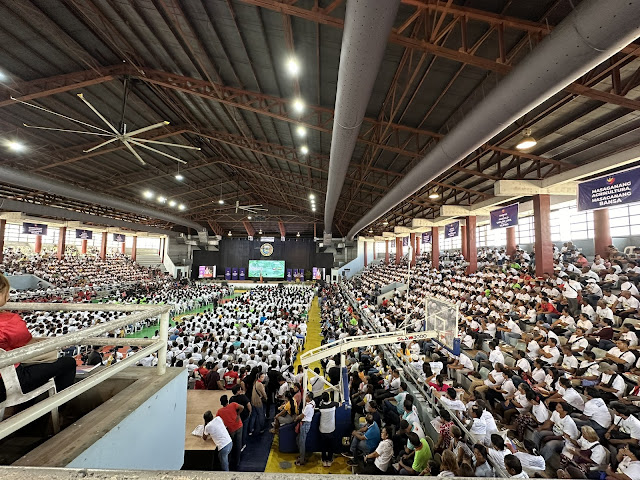Now, with land titles in their hands, farmers are not only celebrating ownership but also stepping into a new chapter of responsibility: paying real property taxes.
From Collective CLOAs to Individual Titles
Under the Comprehensive Agrarian Reform Program (CARP), many farmers were awarded lands through collective Certificates of Land Ownership Award (CLOAs). While these recognized their rights to land, collective ownership often made it difficult for farmers to use their lands as collateral, pass them on as inheritance, or manage them independently.
Through the SPLIT Project, these collective titles are being subdivided into individual land titles. In Cagayan Valley, thousands of ARBs have already received their long-awaited documents, affirming not just ownership but personal accountability.
Paying Taxes: A Milestone of Ownership
With individual land titles comes the legal obligation to pay real property taxes to local government units. For many ARBs, this is their first time facing such responsibility.
While some may see it as an additional burden, ARBs interviewed during recent title distribution activities view it differently:
-
A badge of legitimacy – Paying taxes affirms their rightful claim as landowners.
-
Access to services – Tax payments strengthen local revenues, which in turn fund roads, schools, and agricultural support programs.
-
Empowerment – Farmers can now enter formal credit systems, mortgage their land for capital, or bequeath it to heirs, with their tax receipts serving as proof of ownership compliance.
Policy and Local Government Impact
DAR officials emphasize that the SPLIT Project is not only about land distribution but also about strengthening land tenure security and integrating farmers into the formal economy. Local governments, in turn, benefit from increased tax collection, allowing for greater investments in rural development.
According to DAR Region II, the growing compliance of ARBs in paying taxes reflects the success of agrarian reform as both a social justice and economic development program.
A New Chapter for Agrarian Reform
The DAR-World Bank SPLIT Project in Cagayan Valley demonstrates that agrarian reform is more than just giving land—it’s about empowering farmers to become responsible citizens, contributors to local development, and active players in the agricultural economy.
For the ARBs of Cagayan Valley, paying real property taxes is more than an obligation; it’s a symbol of pride, dignity, and the fruition of a promise that land truly belongs to the tiller.






































